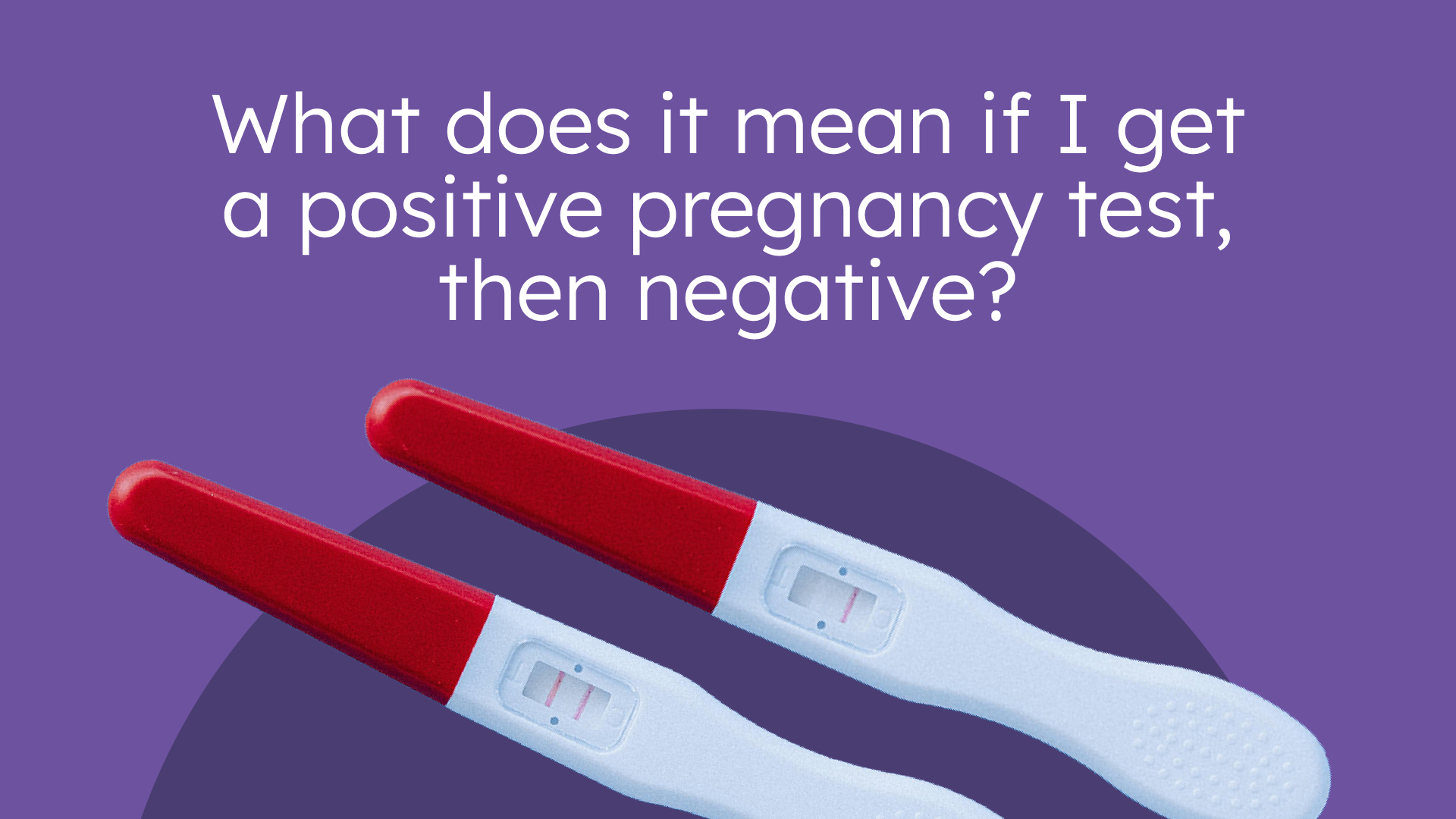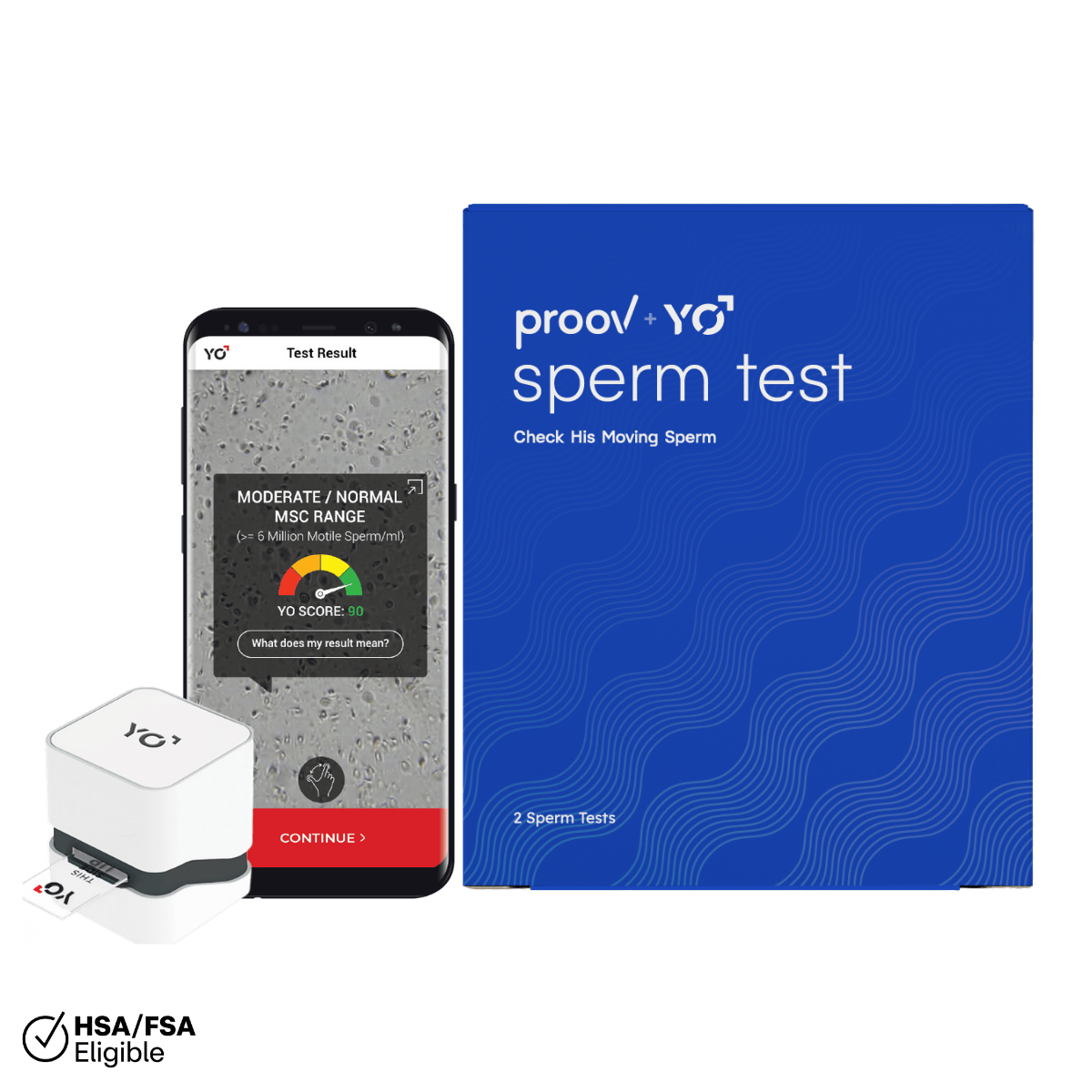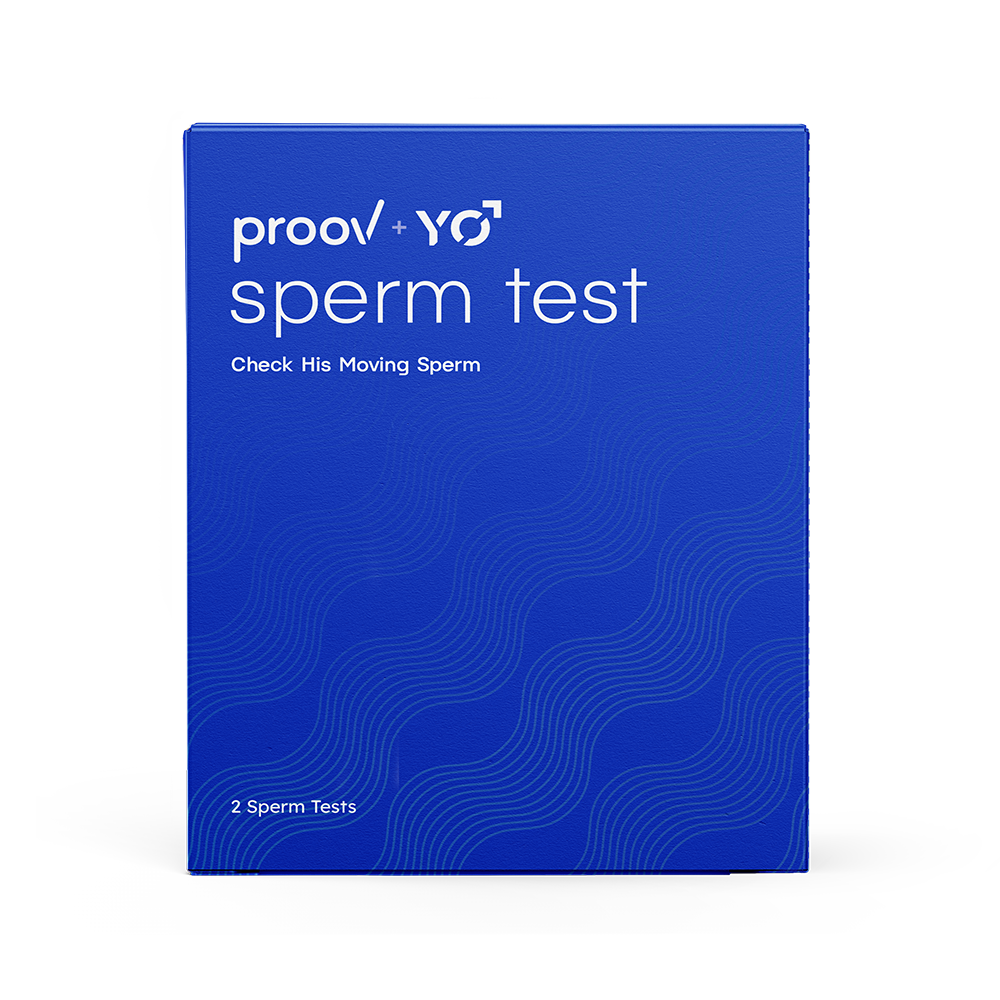Written by: Dr. Amy Beckley, PhD, Founder and Inventor of the Proov test.
**Trigger warning: This blog discusses miscarriage and early pregnancy loss.
At first glance, pregnancy tests don’t seem that complicated–pee on a stick, and three minutes later you might get an answer that changes your life. But if you’ve been trying to get pregnant for a little bit, you might have realized by now that it isn’t always that simple. Pregnancy test results can be ambiguous or varied, and especially if you’ve gotten conflicting results, you might need some more information.
We’re here to help–what happens if you get a pregnancy test that’s positive, but then another that’s negative? It can mean a few things, so read on to learn the answer to this and a few other pregnancy-test related questions you may have.
Is it normal for a pregnancy test result to change?
The answer to this depends on what the change is. Before we get ahead of ourselves, though, let’s briefly go over how pregnancy tests work and when you should take a pregnancy test. The pregnancy tests we’re talking about are at-home urine tests that detect hCG (human chorionic gonadotropin), the hormone that your body produces during pregnancy.
You can take most pregnancy tests on or after the day you’re expecting your period. For best results, you’ll want to track ovulation with a method like LH testing, and then you can begin to take pregnancy tests about 10 days after ovulation. They may not be positive until 12-14 days after ovulation though if you are pregnant.
It’s perfectly normal for your pregnancy test results to change from negative to positive, if you were getting false negatives. That would likely be if your earlier tests were too early for your body to have produced enough hCG to turn a test positive yet. As the early pregnancy continues, tests will become positive! This is perfectly normal and not cause for concern.
If a test result was positive earlier and when you test again, it’s negative, that could be trickier though. If you’re still not very far from ovulation (especially if you’re testing before you’re expecting a period), it may be due to fluctuating levels of hCG, and this isn’t necessarily a problem. Wait a day or two and test again, and if you’re pregnant, you should see a solid positive by that point.
If you’re sure the original result was positive, though, and it’s been some time and your tests are now negative, this could be likely two things: a false positive or pregnancy loss. Let’s discuss those further.
What can cause a false positive pregnancy test?

First, let’s cover the possibility of a false positive pregnancy test. They are rare, but they do happen, and can be more common in some situations. First, especially if you’re using an “early result” pregnancy test that has a very low threshold for detecting hCG, you may get a false positive if you have high natural levels of hCG. This is much more common in perimenopausal or postmenopausal women.
There are also very rare cases where your body has made antibodies that will interfere with a pregnancy test. This might be more likely if you’ve worked as an animal laboratory technician, in a veterinary setting, or on a farm (but even if this applies to you, false positives are still rare).
Unfortunately, it’s also possible (and pretty common) to misread a test, especially if you’re using one with lines (i.e. not digital) and/or blue dye. These sorts of tests often experience the phenomenon known as evaporation lines or indent lines, where if you’re reading the test towards the end of the time window or after too long, you may see a very faint line caused by evaporation of urine. Studies have shown that using digital or “easy-use” tests can greatly improve your chances of an accurate result.
What can cause a pregnancy test result to change from positive to negative?

In addition to false positives, there are also more common situations where you may get a pregnancy test result that is positive due to high hCG but later changes to negative. This is likely one of the following:
Chemical Pregnancy
A chemical pregnancy is the term for a miscarriage that occurs before 5 weeks (that is, within the week after your missed period). It’s called “chemical” because there’s nothing to be seen on an ultrasound and the only means of detecting it is with a pregnancy test. If you’ve had a late period, positive pregnancy tests, and then negative test results, it may be due to a chemical pregnancy. If this happens and you haven’t had a period, we recommend contacting your doctor.
Early Miscarriage
An early miscarriage can also cause a pregnancy test to turn negative even if it’s past the point of a chemical pregnancy. Again, if you think you were pregnant, your period is several weeks late, but you are now getting negative tests, contact your doctor. Missed miscarriages, ectopic pregnancy, and other potential causes for this can be serious.
If you’ve previously had a miscarriage and are trying again, be aware that hCG can also remain in your system for several weeks. In this case, the remaining hCG in your system could also cause a positive pregnancy test with no pregnancy.
Medications
If you’re using any fertility medications that contain hCG, often called “trigger shots” or gonadotropins, these can cause a positive pregnancy test but you’ll later get negative results when the hCG has left your system. To avoid this situation, make sure you talk to your doctor or fertility specialist about when it’s appropriate to test for pregnancy.
If I’m unsure of my pregnancy test result, what should I do?
The first thing you might want to do is try a different test type or brand, particularly a digital or “easy-use” test to make sure you aren’t misreading the results. You can also contact your doctor to ask about a blood hCG test, that will be less ambiguous. Ultimately, if you suspect a miscarriage, or your period is late but you’re experiencing negative pregnancy tests, you should contact your doctor for their advice.
If you’re not pregnant, in future cycles it may be useful to make sure you’re tracking ovulation so you know when to take a pregnancy test at a time it will be most accurate. If you’ve had a chemical pregnancy or an early miscarriage, once you’re ready to try again it may be helpful to test your progesterone levels and the success of ovulation. Low progesterone can be a cause of early miscarriage but is easily treatable.
When can I take a pregnancy test? Find out here
Considering which fertility test is right for you? Learn more












